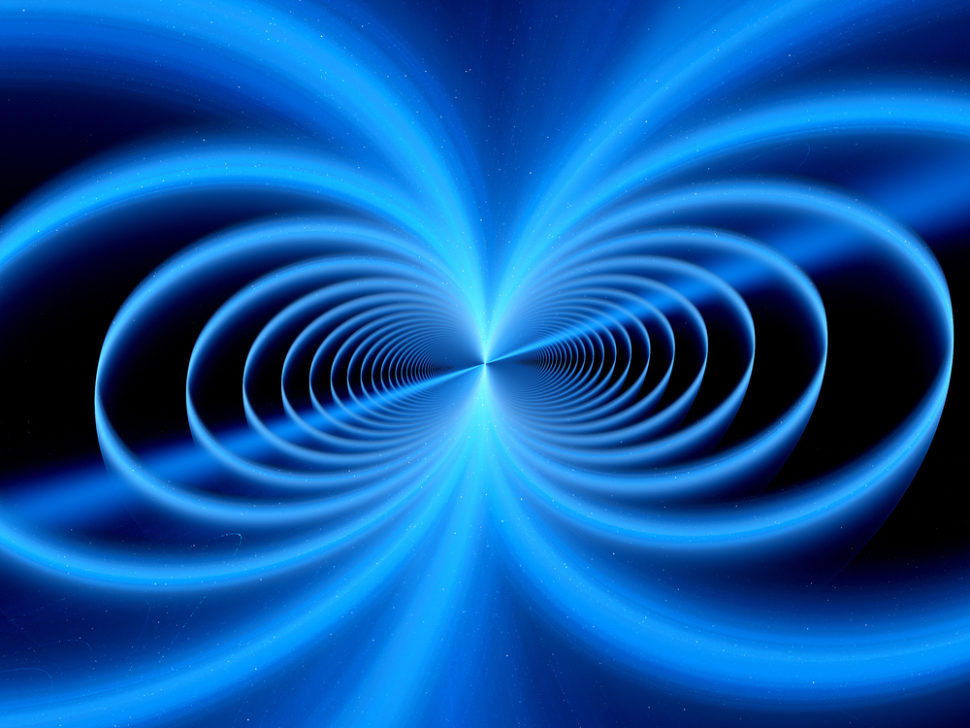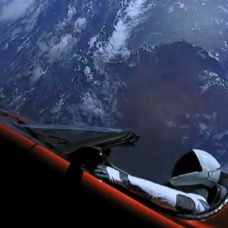Japanese researchers accidentally generated the world’s strongest indoor magnet ever, and the shockwave blew the door off their lab.
There was some mystery surrounding the “magic” of magnetism that lasted until the late 19th century when scientists realized its power and first introduced it to electrical engineering.
Since then, the range of applications for magnets has diversified, especially their contribution to the development of electronics and computer science.
Today, more and more powerful magnets are made to suit specific uses with researchers still exploring the magnetism phenomenon that, though they have a firm grasp on, still don’t fully understand.
Magnets still manage to surprise us, sometimes with unexpectedly cool properties and sometimes with impromptu explosions.
A team of Japanese researchers learned that the hard way.
World’s Strongest Magnet is Explosively Powerful
Things didn’t go exactly as planned for Japanese scientists at the University of Tokyo who were testing the properties of a new generator system.
The team inadvertently generated the world’s most powerful magnet ever generated in a controlled environment, and blew up their lab in the process.
The magnetic field the Japanese team created had a record magnitude of 1,200 Teslas, which generated such a powerful shockwave that the iron box that contained the magnet couldn’t resist and was blown to pieces.
“I designed the iron housing to endure against about 700 T,” said team leader Shojiro Takeyama. “I didn’t expect it to be so high.”
No one involved in the research was harmed during the incident because they were in a separate control room.
Luckily, the explosion won’t stop Shojiro team from pursuing their research. Shojiro promises to make the iron cupboard stronger next time, but the accident serves as a cautious story for other scientists involved in magnet research.
Read More: New Magnetic Discovery Leads way for Fusion Power Tokamak Scalability
Other Magnetic Records and Oddities
At 1,200 Teslas, this is the most powerful magnetic field created in a lab, but it isn’t the strongest magnetic field ever created. For comparison, MRI devices use magnets that produce fields in the range of 5,000-30,000 gauss or 0.5-3.0 Teslas.
For record outdoors magnetic field artificially-created we have to go back to 2001 when Russian physicists produced a machine capable of 2,800 Teslas.
Our homeworld, Earth itself, can be considered a magnet, albeit with a relatively weak magnetic field (about 0.25 gauss, or 25 microteslas). Although, it is strong enough to protect us by deflecting powerful and devastating solar winds and cosmic rays.
But the largest recorded magnetic field ever by natural magnetic objects in the universe may belong to magnetars, a type of neutron stars.
Neutron stars can spin magnetic fields around them in the order of a trillion gauss.
But that’s nowhere close to what magnetars can do. One in ten neutron stars turn into magnetars that could generate extremely powerful fields 1000 times stronger than that of neutron stars, or an astonishing quadrillion gauss.
In case you’re wondering, the magnetic fields of magnetars are powerful enough, if you are in a close range, to literally mess with matter on a microscopic level by tearing electrons apart and deforming the atoms in your body.



















Comments (0)
Least Recent